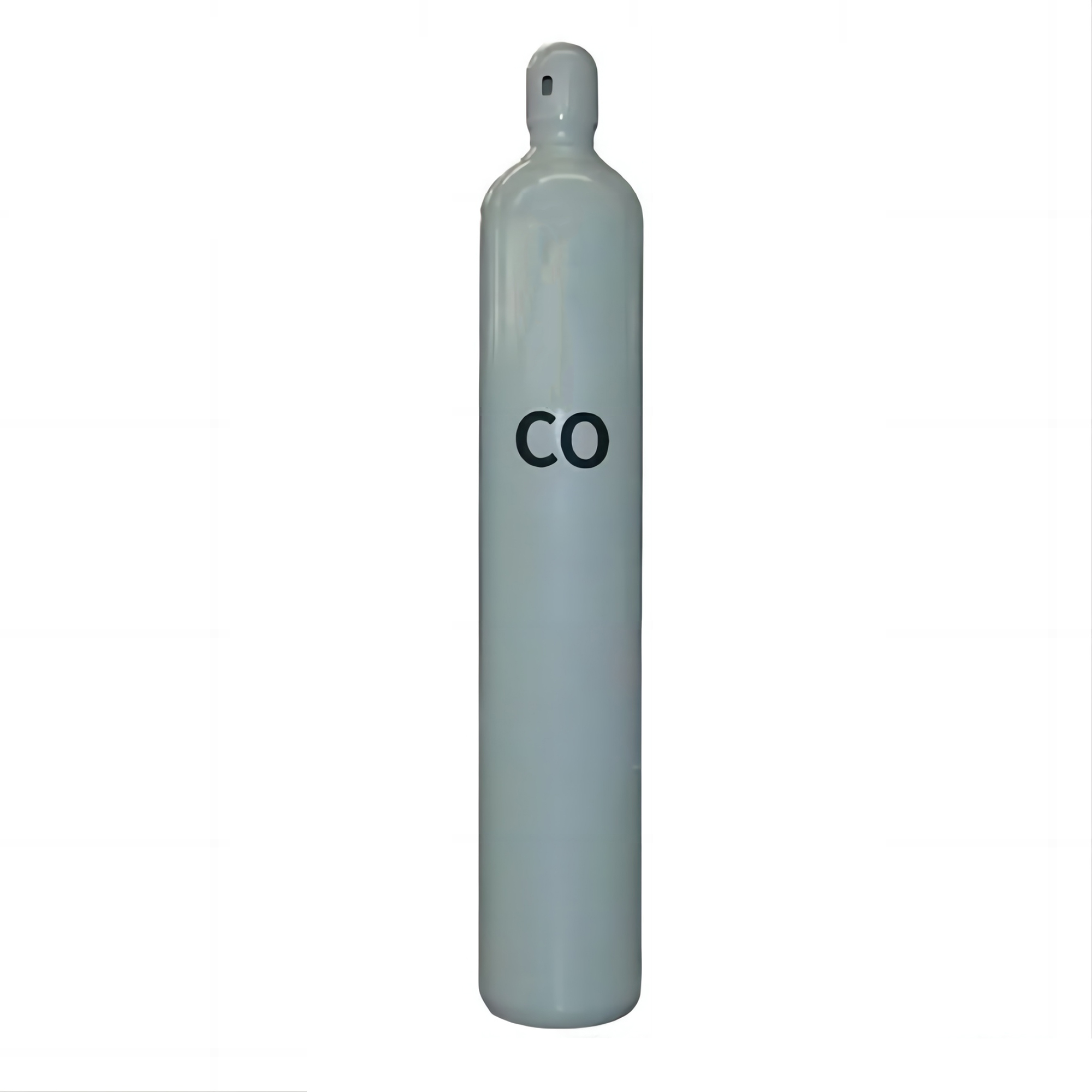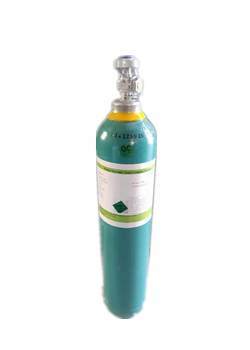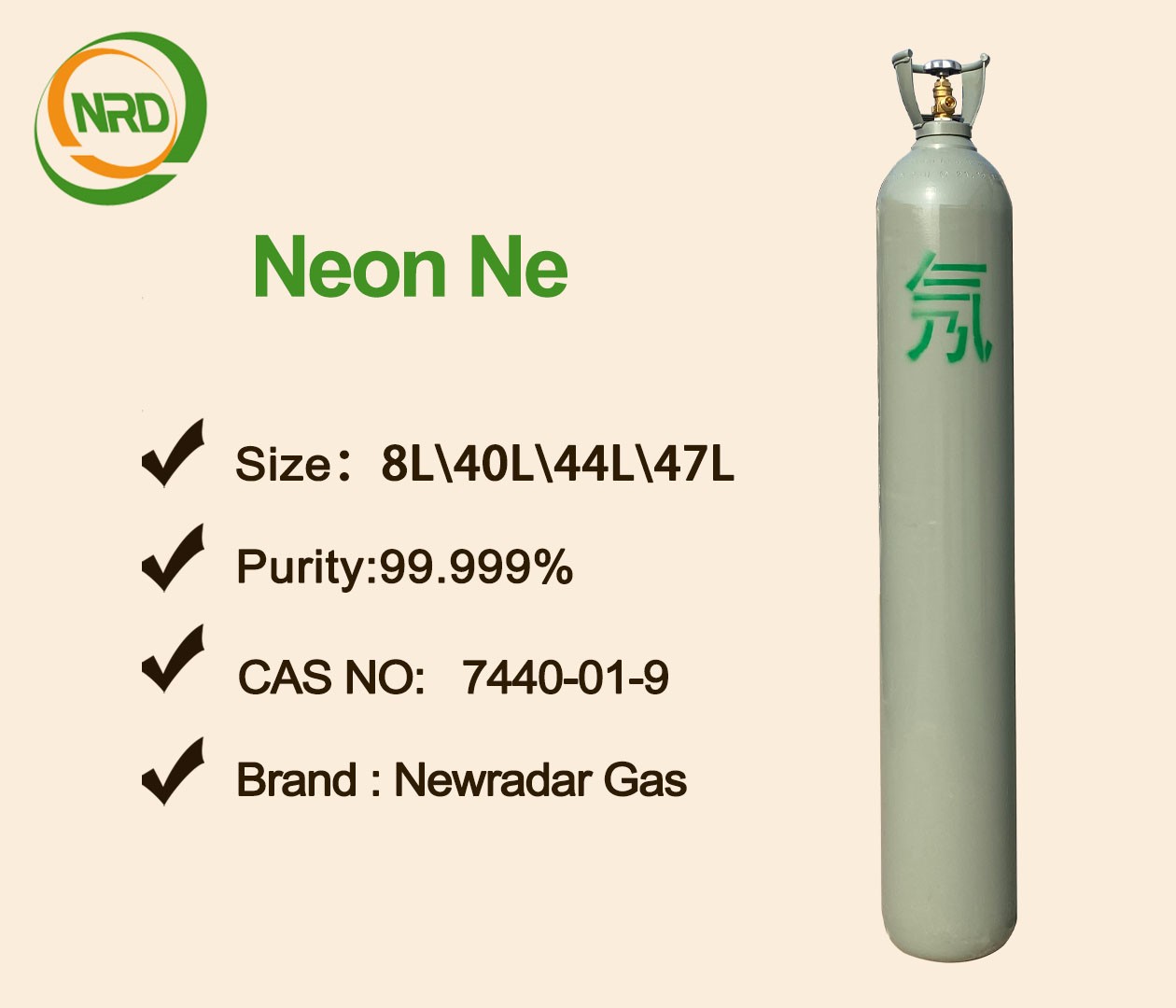Hydrogen production from waste aluminum
Moscow Iron and Steel Institute of Russia developed the chemical hydrogen production technology and experimental device of aluminum and nonferrous metal waste, the hydrogen produced can be used for vehicle power supply system and fixed small electric power devices.
The research team developed a complete set of chemical hydrogen production technologies using waste aluminum as the reactant in the "aluminum-Water" system, including the analysis of raw materials, waste aluminum powder treatment plan, selection of oxidation process parameters, storage and transportation requirements of the prepared solid metal reactant, etc. An oxidizer and an experimental apparatus for hydrogen production from waste aluminum have been developed. The device is suitable for treating waste aluminum and other hydrolyzed metals to prepare hydrogen fuel with reliable explosion-proof property. Due to the easy formation of oxidation protective film on the surface of metal aluminum, isolating the contact between oxidant and metal aluminum and inhibiting the chemical reaction, the scientific research team added mechanical activation to the whole technology to prevent the formation of oxidation protective film.
Aluminium reacts with water to produce hydrogen, which can be used in fuel cells to generate electricity. A 15-gram drink can holds a chemical capacity of 255 kilojoules, which translates to 20 metres of fuel for a five-litre car. Russia can produce 2 billion to 3 billion aluminum cans every year, about more than 40,000 tons of pure aluminum, while the whole European market size of recycled aluminum is up to 10 million tons, half of which is not effectively utilized.
Aluminum is an active metal, which is slowly oxidized in the air. The discarded aluminum will corrode away in a short time. On the one hand, valuable metals are not effectively used. On the other hand, the hydrogen released pollutes the environment. The technology will give these aluminum cans a way out in the hope of making a breakthrough in clean energy.





 Facebook
Facebook YouTube
YouTube LinkedIn
LinkedIn Twitter
Twitter